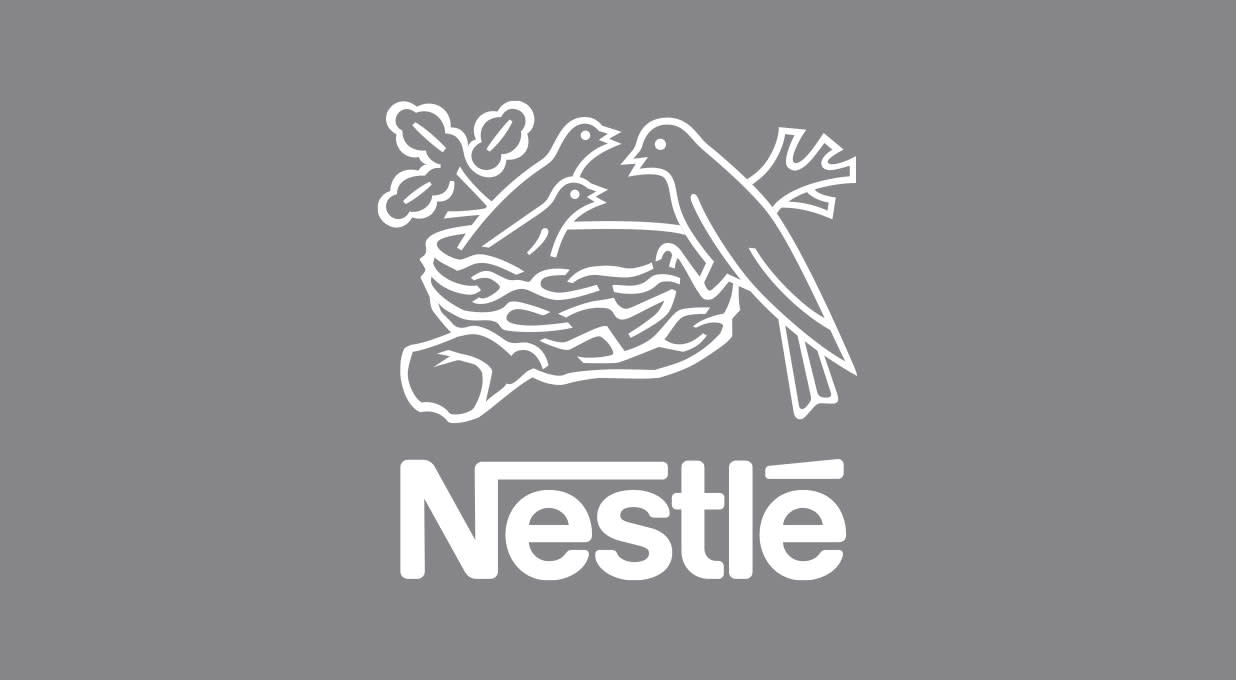Nestlé reported sales of CHF 67.1bn over the first 9 months, down 2.4%. Organic growth was positive at 2.0%, with 0.5% from volumes and 1.6% from pricing, driven by coffee, PetCare and confectionery.
Management called out a difficult consumer environment and expects further inventory reductions from its customers in the final quarter. As such, full year guidance now points to organic sales growth of around 2% (previously at least 3%).
Underlying trading operating profit margin is expected to be around 17.0%, with underlying earnings per share broadly flat.
The shares fell 2.3% in early trading.
Our view
With Nestlé dropping full-year guidance this late in the year and calling for an increase in marketing spending to help drive organic growth, investors have been rightly worried about the impact on medium-term guidance.
The good news from the third quarter investor call was that there’s not expected to be a material margin reset next year, though they are expected to dip a little. Instead, productivity gains are expected to fund a higher marketing budget.
That’s an acceptable approach in the short term, and if the marketing works to drive top-line growth, then it’ll be a positive outcome. But organic sales do need to move higher at a faster pace or the mid-term target of mid-single-digit growth will come under pressure.
Nestlé still has a lot of strengths. A global footprint and varied product base mean the Group's been able to move with the market over the past couple of years. Exposure to pet care, health and at-home coffee products in particular helped pull in revenues from all corners of the market. These items are also exactly the kind of thing people buy over and over again.
More recently there's been a bit of housekeeping, clearing out low-potential brands and stocking up in growth areas such as The Bountiful Company's nutrition and supplements business. The positive effects of these changes and focus on premium brands are being felt.
Nestlé also relies on hefty research & development spending to provide fuel for volume growth. New varieties and formats of existing popular brands benefit from the much larger marketing and admin budgets, ensuring they're front and centre of consumers' minds. That, in turn, encourages reliable revenues. Extra sales boost profits, and profits can be paid out as dividends or reinvested in next year's products.
That virtuous cycle has seen the dividend increase every year for 29 years - remember, all dividends are variable and not guaranteed.
Nestlé has a host of great brands, but it needs to start pulling on its growth levers. Increased investment in brand marketing hasn’t reaped enough reward, and recent results have disappointed. At roughly 17 times expected earnings, it’s now trading below its ten-year average.
With a new CEO taking the reins and a capital markets day in November, investors will be looking for decisive action. There needs to be a return to volume-led top-line growth if Nestlé wants to get its mojo back.
Environmental, social, and governance (ESG) risk
The Food and Beverage industry is medium risk in terms of ESG, with some subsectors - like agriculture, tobacco and spirits - falling into the high-risk category. Product governance is an area of concern industry wide due to strict quality and safety regulations and incoming environmental regulations. Other risks vary by sub-industry, but human capital, community relations and resource use tend to impact most companies in this sector either directly or through their supply chains.
According to Sustainalytics, Nestlé’s overall management of material ESG issues is strong.
Nestlé’s Enterprise Risk Management Framework evaluates potential business impacts and stakeholder concerns, aiming to integrate sustainability into long-term strategies. The company’s Creating Shared Value report, aligned with GRI Standards, highlights its progress on sustainability goals, including a commitment to net-zero emissions by 2050. Despite these ESG efforts, Nestlé remains involved in controversies around water use, product governance, human rights, and biodiversity issues in its supply chain.
Nestlé key facts
All ratios are sourced from Refinitiv, based on previous day’s closing values. Please remember yields are variable and not a reliable indicator of future income. Keep in mind key figures shouldn’t be looked at on their own – it’s important to understand the big picture.
This article is not advice or a recommendation to buy, sell or hold any investment.No view is given on the present or future value or price of any investment, and investors should form their own view on any proposed investment.This article has not been prepared in accordance with legal requirements designed to promote the independence of investment research and is considered a marketing communication.Non - independent research is not subject to FCA rules prohibiting dealing ahead of research, however HL has put controls in place(including dealing restrictions, physical and information barriers) to manage potential conflicts of interest presented by such dealing.Please see our full non - independent research disclosure for more information.


